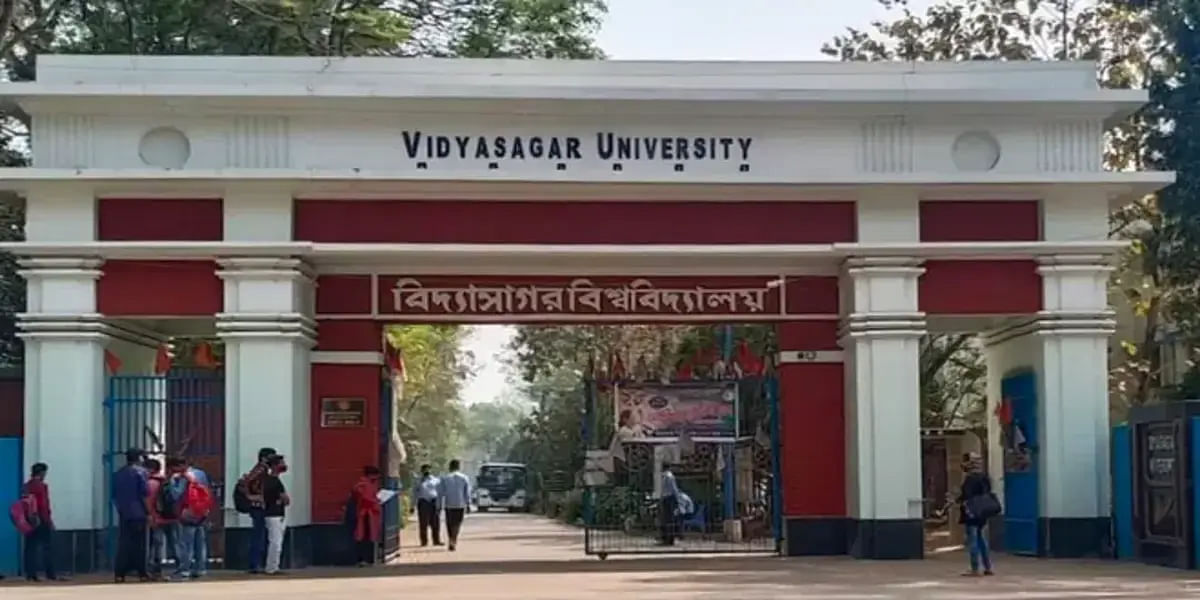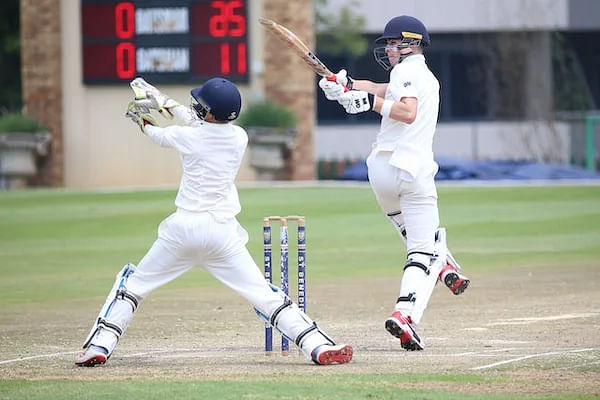MBA after MSc is a suitable option for one seeking management experience and growth in their career. MSc is about science and research while MBA is a professional course for business growth.
Yes, you can do an MBA after completing your Msc. It complements the degree by adding a strong business and management foundation and opening doorsb ti various senior and management roles. MBA after MSc is one of the most viable options to grow in a career and gain managerial and technical skills. Moreover, an MBA over MSc may also strengthen business knowledge and expertise, boosting job possibilities.
With a focus on practical application, MBA offers the chance to grasp management and business better. The article below gives complete details regarding pursuing an MBA after MSc.
MBA after MSc Overview
MBA is a master's degree that emphasizes business and management studies. MBA after MSc is a great alternative for those who want to learn more, develop new skills, and boost their business careers. MBA programs involve finance, marketing, operations, and management.
You may choose to pursue an MBA after MSc in order to increase their job opportunities and acquire more diversified skills. MBA gives you practical skills that employers desire and prepares you for leadership roles in a variety of businesses and sectors.
Why Should You Do an MBA after MSc?
MBA after MSc is beneficial as it allows the chance to further improve skills and expertise in the specific area, along with exposure to various business subjects. Here are a few benefits of getting an MBA after MSc degree:
- Market demand for an MBA: The industry of today requires a diverse range of skills from its employees. MBA after MSc is a great way to combine technical and administrative knowledge.
- Competitive Advantage: Pursuing an MBA after MSc may benefit career advancement and enhance business understanding and skills. In addition, with MBA after MSc, one might get an edge over other colleagues and have a higher possibility of promotion.
- Improve Overall entrepreneurial skills: MBA after MSc gives vital business insights and helps understand new-age firms, their experiences, and how to flourish in the developing business environment.
- Networking Flexibility: MBA after MSc helps in building strong networking connections. MBA students regularly meet industry experts and make meaningful contacts.
- Increased Confidence: Professionals may feel more confident when completing MBA after MSc. It gives people the confidence to seek new possibilities, make choices, and assume greater responsibility.
- Improved Skills: MBA after MSc offers you the chance to learn leadership, corporate strategy, finance skills and marketing expertise.
- Improved Employment Opportunities: MBA after MSc opens many professional doors and helps advance in the present business or find better jobs.
| Extracurricular Activities for MBA Admission | Work Experience For MBA Admission |
MBA after MSc Eligibility Criteria
MBA after MSc is a popular choice among graduates who aspire to create careers in management and business. Learn about the general eligibility criteria for pursuing an MBA after MSc at India's top B-schools.
- A Bachelor's degree with a minimum grade of 55% for the general category and 45% for reserved category applicants is essential.
- Scores on MBA entrance exams like the CAT, GMAT, MAT, etc., are needed.
- Making it to the Interview and Group Discussion Rounds is an important criterion.
- There is a preference for those with 2.5–3 years of professional experience; however, this is not compulsory.
Also Read on What is MBA?
MBA after MSc Admission Process
The admissions procedure for MBA after MSc involves shortlisting candidates based on entrance exam scores, WAT, GD, and PI rounds. Find out below how to apply for an MBA Admission after MSc.
- Candidates must first choose an institution and an accredited entrance exam.
- Before applying to any college, students must submit an online application form.
- Candidates must pass the entrance exam and get the standard minimum marks to qualify.
- Once a merit list is announced, the final selection will involve a WAT and PI for the selected applicants.
- After the result is released, students may participate in admissions counseling.
| WAT Topics For MBA Admission | GD Topics for MBA |
MBA after MSc Entrance Exams
The ones seeking admission to MBA after MSc are often required to take an entrance test. The entrance exam evaluates your aptitude for business and management skills. The following are some of the most recognized entrance exams for an MBA after MSc.
| MBA Entrance Exams |
|
| CAT | ATMA |
| XAT | NMAT |
| MAT | CMAT |
| GMAT | -- |
Popular MBA Specializations after MSc
One of the main benefits of getting an MBA after MSc is the opportunity to specialize in a specific area. The Top 7 MBA Specialization in India available to MSc graduates are outlined below.
- MBA in International Business
- MBA in Human Resource Management
- MBA in Finance
- MBA in Information Technology
- MBA in Biotechnology
- MBA in Sales and Marketing
- MBA in Banking and Finance
Top Colleges for MBA after MSc
MBA after MSc broadens business outlook and many top institutes offer various MBA specializations. According to the NIRF Ranking, the following are the Top MBA Colleges in India:
|
NIRF Ranking 2024 |
College Name |
Average Fees (INR) |
|
1 |
15 Lakhs |
|
|
2 |
15 Lakhs |
|
|
3 |
15 Lakhs |
|
|
4 |
15 Lakhs |
|
|
5 |
5 Lakhs |
|
|
6 |
5 Lakhs |
|
|
7 |
15 Lakhs |
|
|
8 |
15 Lakhs |
|
|
9 |
1 Lakh |
|
|
10 |
15 Lakhs |
MBA after MSc Career Scope
MBA after MSc may lead to various employment opportunities, from management consulting to corporate finance. In addition, an MBA degree may help one stand out when seeking promotions or executive roles. Here is a list of MBA graduates' most popular job roles and average salaries.
|
Job Profile |
Average Salary (INR) |
|
Quality Assurance Manager |
12 lakhs |
|
HR Manager |
7.5 lakhs |
|
Pharmaceutical Product Executive |
9 lakhs |
|
Marketing Manager |
6.5 lakhs |
|
Risk Management Executive |
35 lakhs |
|
Operations Manager |
3 to 9 lakhs |
|
Real Estate Development Manager |
10 lakhs |
|
Finance Manager |
11.5 lakhs |
|
Product Manager |
17.5 lakhs |
|
Supply Chain Manager |
4 to 12 lakhs |
MBA after MSc Is it the Right Choice?
MBA after Msc is an excellent alternative for people who aspire to pursue a business and management profession. To gain more expertise in the business world and advance their skills, many students pursue MBA after MSc.
In addition, MBA graduates with experience and management abilities secure top management jobs. MBA graduates may occupy leadership positions in any field due to their business management abilities.










